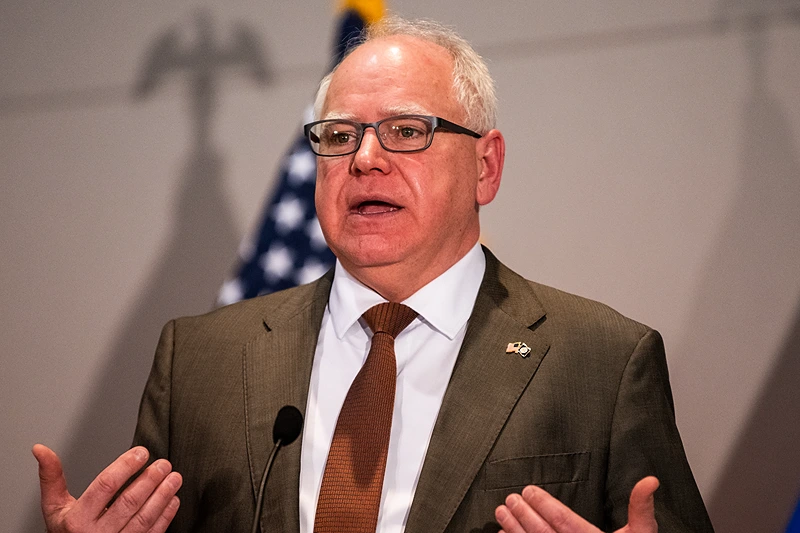
OAN’s Brooke Mallory
3:40 PM – Wednesday, June 7, 2023
Minnesota has approved a bill that would allow illegal immigrants to benefit from the state’s education aid program, proposing to make tuition 100% free in higher education if families make less than $80,000.
HF 2073 is a recent measure connected to college education that uplifts the North Star Promise tuition fee program. North Star Promise allows eligible students in the state of Minnesota, including illegal immigrants, to be eligible for free college tuition as long as their family’s adjusted gross income is less than $80,000.
The tuition fee is applicable for enrollees in a two or four-year program within the University of Minnesota or Minnesota state schools.
The legislation passed both the Minnesota House and Senate, with Democrat Governor Tim Walz authorizing the program on May 24th. The legislature’s Democrat majority voted in support of the bill.
Applicant requirements state that those interested will have to be graduates of a Minnesota high school or must have resided inside the state for at least one year, without enrolling in college for six months. Applicants should have also applied for the Free Application for Federal Student Aid (FAFSA) or State aid.
“We’ve been seeing declining enrollment on all campuses,” said Senate Higher Education Committee chair Omar Fateh (D) to the Associated Press. “If we don’t do something quick, we’re at risk of shutting down some campuses… I see this bill as an enrollment driver.”
Fateh emphasized that the law will create opportunity for all Minnesotans, regardless of their history or documentation status.
However, many Republicans and other Americans who had to work hard to pay for their own college education have opposed the program, pointing out that the $80,000 maximum is unjust to young adults whose parents may be working several jobs but could still utilize financial aid. Other critics also mentioned that “nothing in life is free,” and therefore tax payers will be the ones footing the bill.
Representative Marion O’Neill, the only Republican on the Senate Higher Education Committee, claimed that she was “completely frozen out of all discussions.”
The Minnesota legislature enacted HF 2073 just days after the expiration of Title 42, a Trump-era provision that was employed by his administration to turn away illegal migrants more easily, following the COVID-19 pandemic.
It is uncertain how many undocumented students, those already here or those coming in from the expiration of Title 42, will qualify for the North Star Promise. Neither the Department of Higher Education nor Fateh supplied an estimate.
According to the department, roughly 600 people had applied for the Minnesota Dream Act for the 2021–2022 timeframe. A little more than 300 people received state funds, with the average grant totaling $2,400 for the autumn semester. Under the Minnesota Dream Act, qualifying students become eligible for state financial help and in-state tuition rates.
Students who apply for the Minnesota Dream Act or FAFSA for the 2024–2025 semester will automatically be considered for the North Star Promise free tuition program. Eligible students will be notified about the financial aid package, according to a representative from the agency.
Stay informed! Receive breaking news blasts directly to your inbox for free. Subscribe here. https://www.oann.com/alerts

